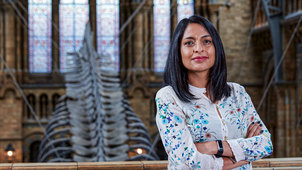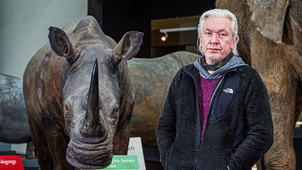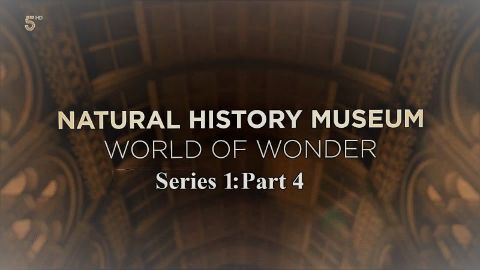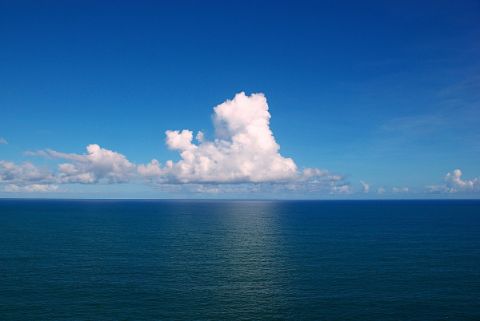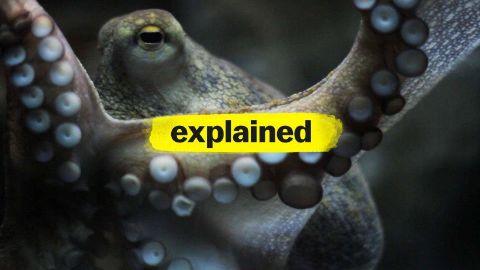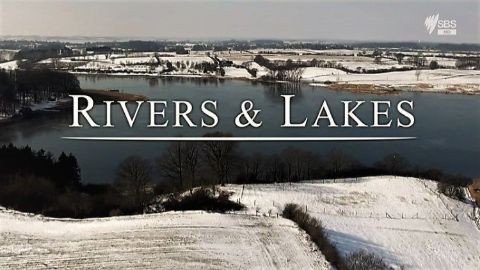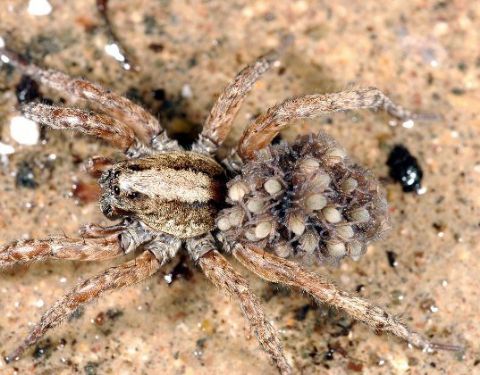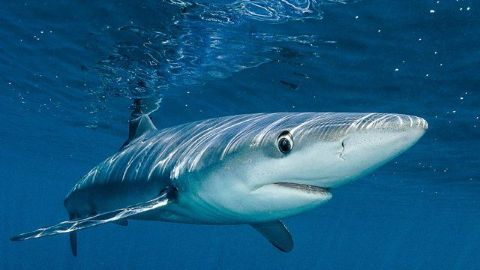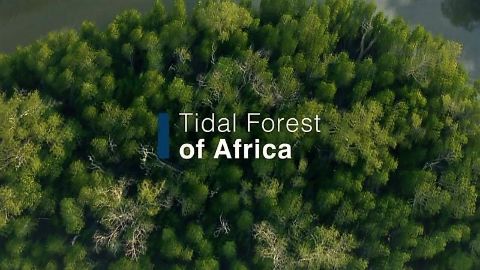Part 4 • 2021 • episode "S1E4" • Natural History Museum: World of Wonder
Leading experts examine a rock in a crate of finds from an archaeological dig in Africa, which could contain a very rare 200-million-year-old dinosaur skull. The museum staff prepares for the Wildlife Photographer of the Year awards. Other artefacts from the museum featured in this episode include meteorite fragments that are older than the solar system and the oldest complete beetle specimens ever found in the UK.
Make a donation
Buy a brother a hot coffee? Or a cold beer?
Hope you're finding these documentaries fascinating and eye-opening. It's just me, working hard behind the scenes to bring you this enriching content.
Running and maintaining a website like this takes time and resources. That's why I'm reaching out to you. If you appreciate what I do and would like to support my efforts, would you consider "buying me a coffee"?
Donation addresses
BTC: bc1q8ldskxh4x9qnddhcrgcun8rtvddeldm2a07r2v
ETH: 0x5CCAAA1afc5c5D814129d99277dDb5A979672116
With your donation through , you can show your appreciation and help me keep this project going. Every contribution, no matter how small, makes a significant impact. It goes directly towards covering server costs.
